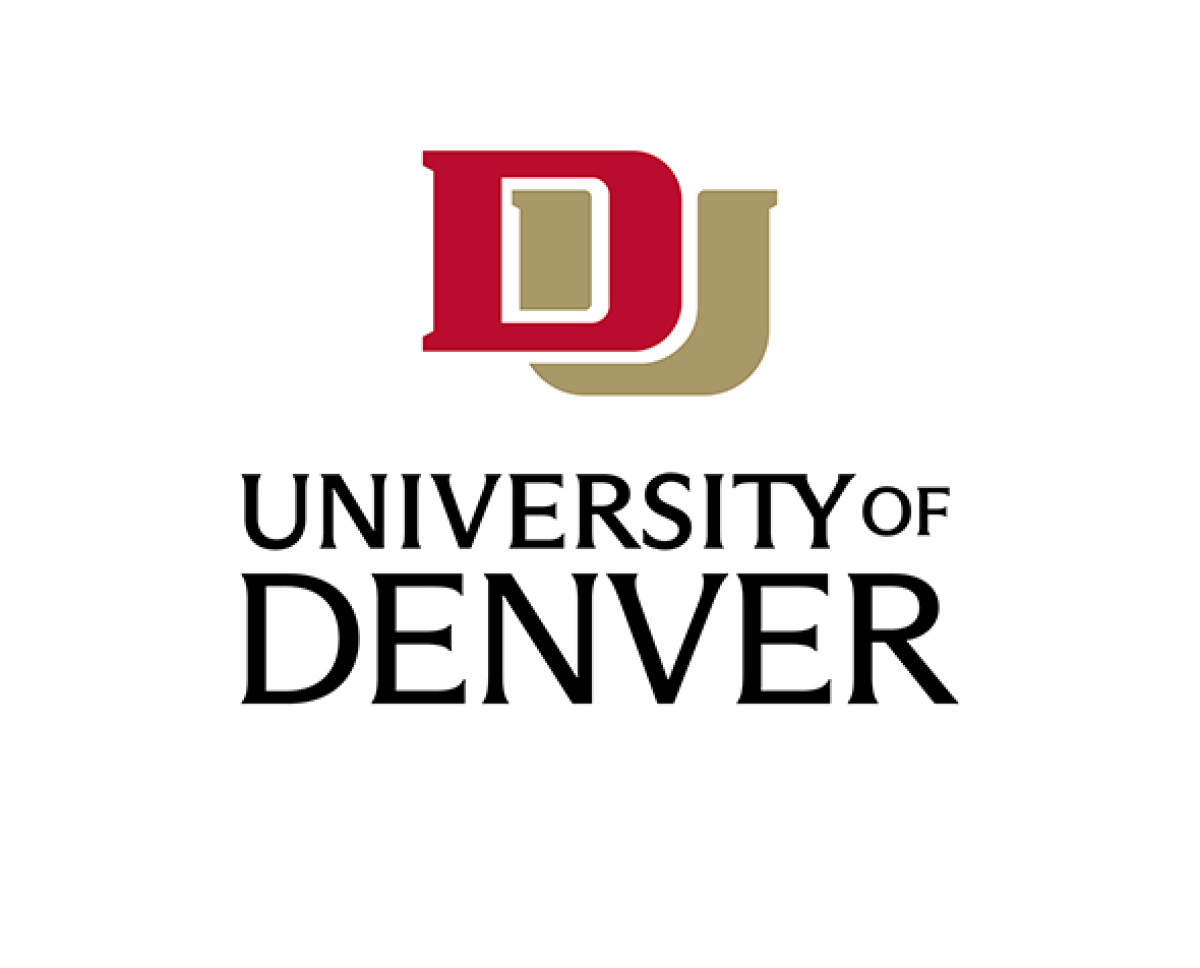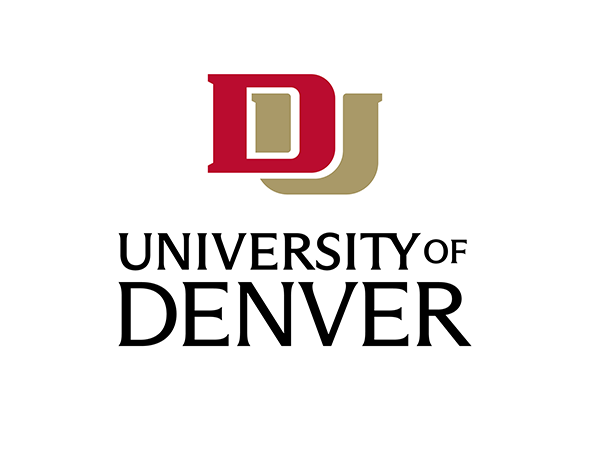Faculty and Staff Grants from March and April 2023

Congratulations to the following faculty and staff members who received grants and awards in March and April 2023:
Meg Franko, staff at the Butler Institute for Families
- Grant from the Virginia Early Childhood Foundation (subaward Administration for Children and Families)
- Abstract: Since 2016, the Virginia Early Childhood Foundation has administered the Mixed Delivery Preschool Pilot Program to support public-private preschool delivery in Virginia. Butler Institute will address questions outlined in the evaluation plan and will write a summary report or series of briefs to communicate findings from the evaluation of the program.
Ali Azadani, faculty at the Ritchie School of Engineering and Computer Science
- Grant from the Colorado Office of Economic Development and International Trade
- Abstract: Heart Failure with preserved Ejection Fraction is a chronic condition in which the heart muscle is weakened, and its filling ability is impaired. Thickened left ventricle (LV) walls and a reduced LV chamber size render the heart unable to keep up with its workload. The body may not get the oxygen it needs. There are no pharmacological or device-based treatments approved by FDA. This project hopes to build a proof of concept and prototype of a left atrium unloading device, a long-term mechanical circulatory support device implanted using a minimally invasive procedure. It partially drains the left atrium into the descending aorta by means of a pump, partially bypassing a damaged and weakened LV.
Ali Arabnya, faculty at the Ritchie School of Engineering and Computer Science
- Grant from the Colorado Office of Economic Development and International Trade
- Abstract: By synthesizing the team’s previous R&D work, this project intends to develop and validate a proof of concept for an autonomous, scalable, P2P solar energy trading on blockchain. The expected aggregated improvements in computational efficiency of the P2P trading on blockchain enables the required expansion of the system to a wide geographical region, as required for the creation and sustainability of a functional P2P renewable energy marketplace.
Meredith Silverstein and Kali Jefferson, staff at the Butler Institute for Families
- Grant from the North Colorado Health Alliance
- Abstract: The Butler Institute for Families will expand the ongoing evaluation of the NCHA CO-SLAW Program for Larimer County, including expanded data collection, analysis and reporting for the 2023 grant year. It will also collaborate with NCHA and other stakeholders to cocreate and lead the implementation of an evaluation plan which articulates clear evaluation questions and identifies available data sources to understand trends in substance use and harm reduction in Larimer County.
Aisha Ahmad-Post, staff at the Newman Center for the Performing Arts
- Grant from the Bonfils-Stanton Foundation
- Abstract: As the Newman Center for the Performing Arts plans for the 2023 ̶ 24 season, it is focused on presenting international artists for extended residencies. There are few venues where Denver audiences can engage with international artists. Presenting international artists and creating deep connections with representatives of cultural communities allows for dialogue and exchange and supports three of the DU chancellor’s Five Strategic Imperatives.
Lauren Gase, faculty at the Colorado Action and Evaluation Lab
- Grant from the Colorado Department of Public Health and Environment
- Abstract: House Bill 22-1326 (Fentanyl Accountability and Prevention) contains a number of measures to address synthetic opiates, including changing the criminal penalties associated with synthetic opiates; using a substance abuse assessment to direct appropriate treatment at sentencing; providing opiate antagonists and synthetic opiate detection tests; providing treatment for persons in the criminal justice system; developing a fentanyl prevention and education campaign; and providing funding for substance use and harm reduction. Part 14 of the bill calls for an independent study to examine the implementation and impact of the bill. The project aims to lay a strong foundation for the independent study of HB 22-1326 by engaging stakeholders and supporting development of a robust study analysis plan.
Meg Franko, staff at the Butler Institute for Families
- Grant from the Craig-Scheckman Family Foundation
- Abstract: Butler Institute for Families will facilitate biweekly executive committee meetings and bimonthly steering committee meetings to guide the direction of this project and support data collection and interpretation. We anticipate the collection of a combination of quantitative and qualitative data which, together, can provide a more comprehensive picture of needs and gaps in Routt County.
Kevin Morris and Sloane Hawes, faculty and staff at the Institute for Human-Animal Connection
- Grant from Maddie’s Fund
- Abstract: The Institute for Human-Animal Connection (IHAC) is partnering with the National Animal Care & Control Association to conduct a series of research studies that will address the critical gap in the literature and the animal welfare sector’s understanding of perspectives on how to effectively engage with socially and economically marginalized communities through animal control/field services.
Yunying (Annie) Le, faculty at the College of Arts, Humanities and Social Sciences
- Grant from the Mental Research Institute
- Abstract: The study will adapt the online version of an evidence-based, universal prevention program, Family Foundations (eFF), to prevent postpartum depression (PPD) among mothers and their romantic partners who are at elevated risk due to individual partners’ mental health and/or relational vulnerabilities, and to evaluate the acceptability, feasibility and preliminary efficacy of the adapted program (eFF-PPD).
Matthew Taylor, faculty at the College of Natural Sciences and Mathematics
- Grant from the National Science Foundation
- Abstract: Forest ecosystems are a critical component of the biosphere and play an important role in coupling the atmosphere to the land surface and carbon cycle. These environments also shelter, sustain and provide ecosystem goods and services, including carbon sequestration, nourishment and water resources for human societies.
Michele Hanna, faculty at the Graduate School of Social Work
- Grant from the Colorado Department of Higher Education (subaward United States Treasury)
- Abstract: Overall tuition costs at the University of Denver present obstacles to disadvantaged students from historically underrepresented groups, specifically students of color and students in rural communities. It is our expectation and our experience through administering existing stipends and scholarships that the benefits of tuition scholarships help to mitigate some of the challenges described above and support student academic success.
Robyn Thomas Pitts, faculty at the Morgridge College of Education
- Grant from the U.S. Department of Education
- Abstract: This School Psychology Inclusive, Rural and Innovative Training (SPIRIT) proposal is to develop a robust school psychologist (SP) workforce that reflects the racial, ethnic and linguistic diversity of rural communities. We will train 32 SPs to practice in rural Colorado high-need schools. This proposal meets the Mental Health Service Professional Demonstration Grant Program’s Absolute Priority to expand the capacity of high-need LEAs as well as two Competitive Preference Priorities (CPPs) to increase the number of qualified school-based mental health services providers from diverse backgrounds or communities served by the high-need LEAs and to promote inclusive practices.
Brian Michel, faculty at the College of Natural Sciences and Mathematics
- Grant from the U.S. Department of Agriculture
- Abstract: It is estimated that 30-40% of the food supply chain is lost to waste. Premature ripening, spoilage, damage caused by pests, and diseases are some of the primary culprits. Ethylene plays a central role in the natural ripening process of climacteric fruit and can trigger deterioration of produce. Development of an ethylene detection strategy with improved sensitivity and an intuitive readout would directly address priorities of the Novel Foods and Innovative Manufacturing Technologies program by improving food quality and shelf life to minimize food waste and loss throughout the food supply chain.
Todd Blankenship and Dinah Loerke, faculty at College of Natural Sciences and Mathematics
- Grant from the National Institutes of Health
- Abstract: How epithelial sheets remodel themselves to adopt new tissue conformations through changes in neighbor relationships and cell shape dynamics has been a key question in development and disease. In the proposed project, we are developing the tools to perform the first comprehensive, quantitative 3D analysis of cell intercalation in the early Drosophila embryo.
Meg Franko, Amy Roberts and Laricia Longworth-Reed, staff at the Butler Institute for Families
- Grant from the Colorado Department of Early Childhood (subaward Administration for Children and Families)
- Abstract: As part of the Colorado Shines Brighter Preschool Development Birth Through Five Planning Grant (PDG B-5), this project will refine and enhance the program performance evaluation plan (PPEP) originally developed through the previous PDG B-5, for which Butler served as the lead evaluator.
Stephen Hutt, faculty at the Ritchie School of Engineering and Computer Science
- Grant from the University of Pennsylvania (subaward National Science Foundation)
- Abstract: This project will support the development of the MOOC Replication Framework infrastructure as needed for the project, including development of appropriate documentation and advertising materials. It will support external researchers to set up experiments and perform analysis, as well as assist in the recruitment of researchers looking to run experiments or use the MOOC replication framework. Furthermore, this project will allow for the design of additional integrations between the MOOC replication framework and ASSISTments; use experience with both platforms to communicate scope of possibilities to external research and advertise opportunities; and assist in the dissemination of results through scientific papers and reports.
Marjorie Karish, faculty at the College of Arts, Humanities and Social Sciences
- Grant from the Uberoi Foundation
- Abstract: The University of Denver requests a grant to fund the proliferation of the course entitled “Inclusive Community,” based upon the tradition of Sikh Langar. The course focuses on training students to be citizens of the world and includes not just exposure to Sikh traditions but also shared experience based upon shared values.
Elysia Clemens, faculty at the Colorado Action and Evaluation Lab
- Grant from the Trailhead Institute
- Abstract: Restricted.
Judith Fox, faculty at the Graduate School of Professional Psychology
- Grant from the Caring for Denver Foundation
- Abstract: Restricted.
Alvin Camba, faculty at the Josef Korbel School of International Studies
- Grant from the Smith Richardson Foundation
- Abstract: Restricted.
Özlü Aran, faculty at the College of Arts, Humanities and Social Sciences
- Grant from the Mental Research Institute
- Abstract: Restricted.











